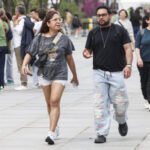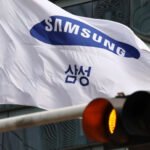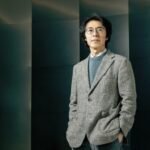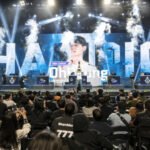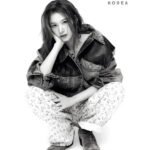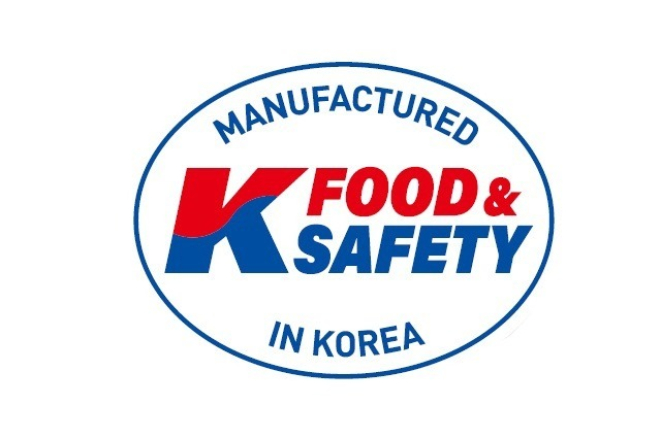
South Korea’s Samyang Foods Co. said on Thursday its Buldak Ramen (hot chicken flavor ramyun) received the domestic production certification K-food Safety (KFS).
The KFS certification, granted by the Korea Agency of HACCP Accreditation and Services under the Ministry of Food and Drug Safety, requires the Korean Food Safety and Domestic Production Certification.
The Korean Food Safety certification ensures that a food safety management system and food defense plan to prevent intentional contamination are in place.
The Domestic Production Certification confirms that products are manufactured in South Korea, ensuring they are not mistaken for foreign-made goods.
The HACCP agency and the Korea Food Industry Association are promoting these certifications to support the globalization of Korean food products.
Samyang Foods products that received the KFS certification include Buldak Ramen Original and Carbonara Buldak Ramen. Additionally, three production facilities—Wonju, Iksan and Miryang—received the KFS certification.
Samyang Foods collaborated with the HACCP agency to establish a digital-based food defense system at the Miryang factory, which serves as an export base.
This system installs food defense sensors in the food manufacturing facility to prevent unauthorized access and protect against intentional contamination.
By Hun-Hyoung Ha
hhh@hankyung.com


